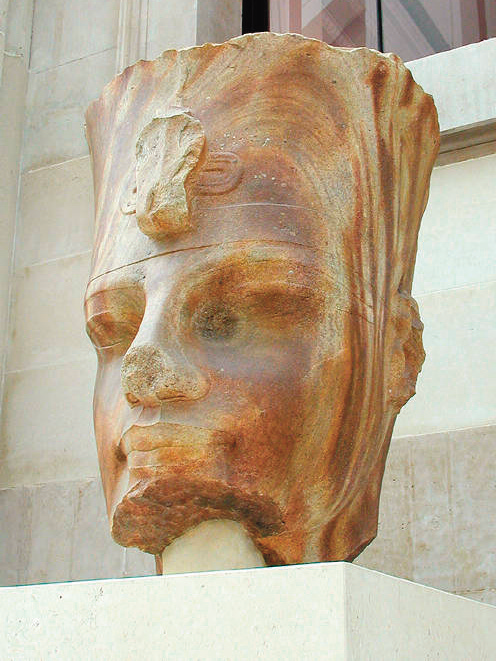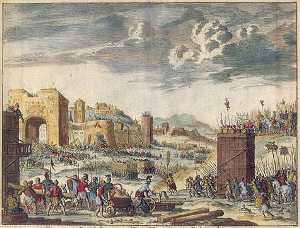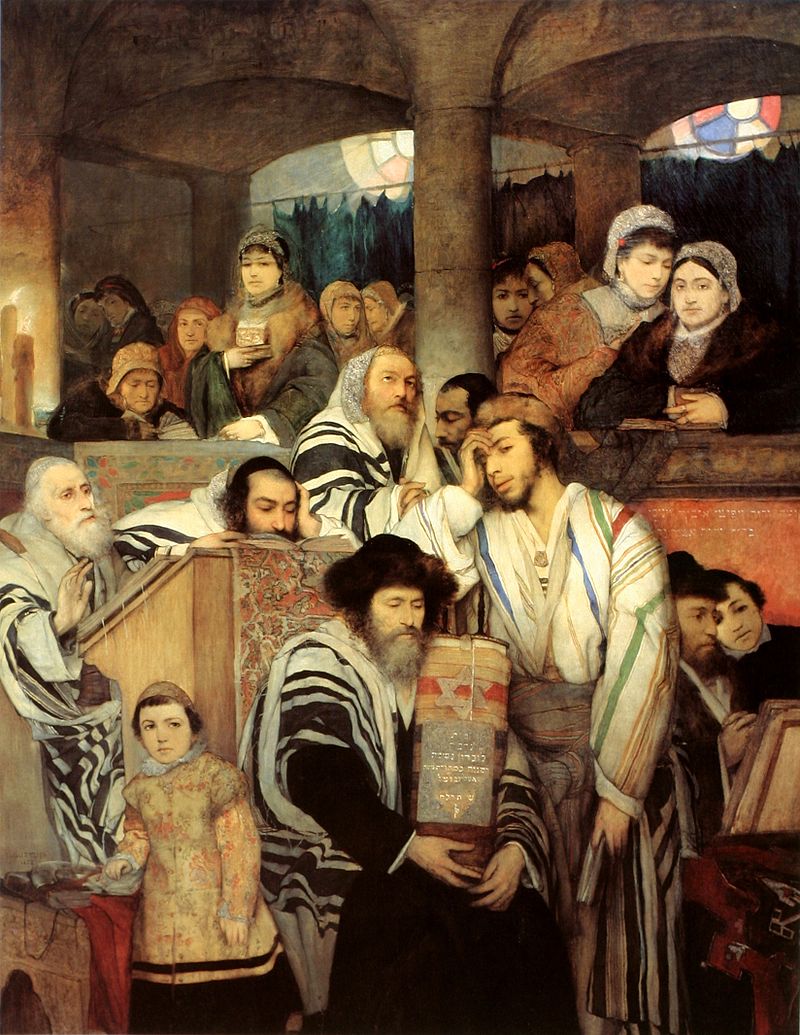
The phrase “the New Empire,” as opposed to the Old and Middle Kingdoms, should tell you something about the change in Egypt after the defeat of the Hyksos. No longer was Egypt a passive, agricultural society; it was becoming aggressive and imperialistic – an empire. That, among other things, requires people, which is another reason for the massive enslavement. The Biblical commentator Rashi tells us that the Jews were not the only slaves in Egypt; many foreigners were enslaved. To use a bad pun, the Egyptians needed a wider base for their pyramids.
Egypt conquered all of Palestine and most of Mesopotamia. The Egyptian influence even spread to the Phoenician cities of the north so that the Phoenician traders had to operate under the consent of the imprimatur of the Pharaoh. Archaeological digs in Lebanon have uncovered vast treasures of trade books and other items with Egyptian markings, which shows that they were under Egyptian domination.
This was not just a change for Egypt; it was a change for the entire world. All other empires until then were small kingdoms, mere city-states. If one city-state defeated another in a war, they took booty, burned the town, and went home. Nobody ever attempted to convert that territory permanently into their own. They didn’t have the manpower to govern it. The Egyptians, on the other hand, did.
The second major change came from the famous emperor Akhenaten, who lived some time between Jacob and the beginning of Jewish enslavement. He is often said to have been a monotheist, but he wasn’t a monotheist in the sense of belief in one God who created all. Rather, Akhenaten imposed one god on Egypt. Until then, Egypt had a multiplicity of gods. Paganism can be very egalitarian in that sense. If you have 100 gods, you can have 101. Got a new idol to add to the altar? Put it on up there! Why not?
Akhenaten was the exception to that rule. He destroyed all the other gods except his, the sun god. He was the first religious fanatic that we find in Egypt, an emperor who would not brook any deviation from his definition of what religion should be. He is the one who put into the Egyptian society the virus of religious discrimination. Until then, it was the Egyptians versus the foreigners. But he added a new dimension to it, and that would cause the Jews to suffer. The Jewish religion and ritual were be anathema to the Egyptians after Akhenaten. And even after his death, when Egypt fell back into paganism with its very many different gods, it still remained remained a narrow and dangerous society. That is the problem that the Jews faced in their first exile (Egypt) and has faced in all later exiles.
Therefore, when Joseph and his brothers came to Egypt, it was to a fearsome place. It was not the comparatively benign Egypt that the Bible describes in the times of Abraham, who talked to Pharaoh one-on-one.
All of that is the backdrop to the entry of the Jewish people into Egypt. If the Jewish people had gone into Egypt a hundred or two hundred years earlier, it would have been a different story. If they had gone two hundred years later, it would have also been a different story. But they went then. And that is why the story of Joseph and the enslavement of the Jews in Egypt takes on such meaning and such depth for us.












